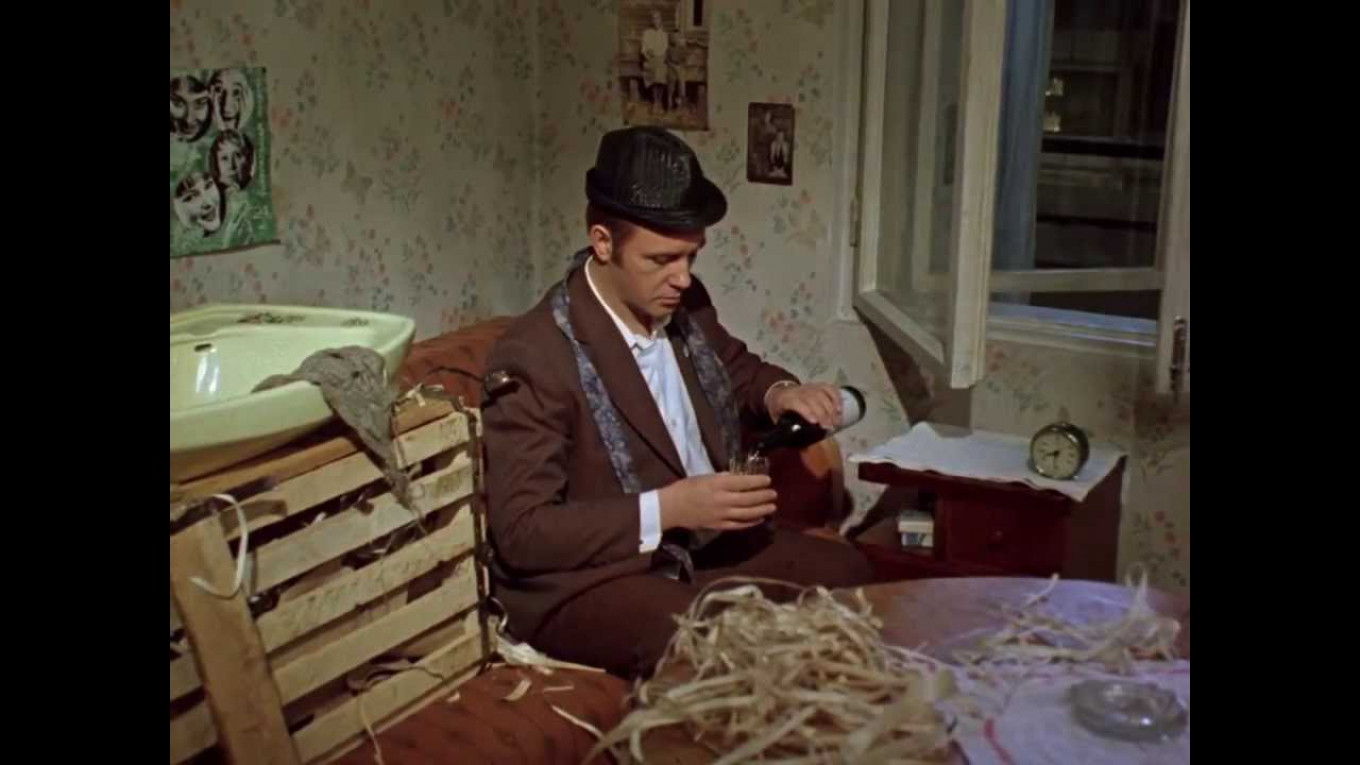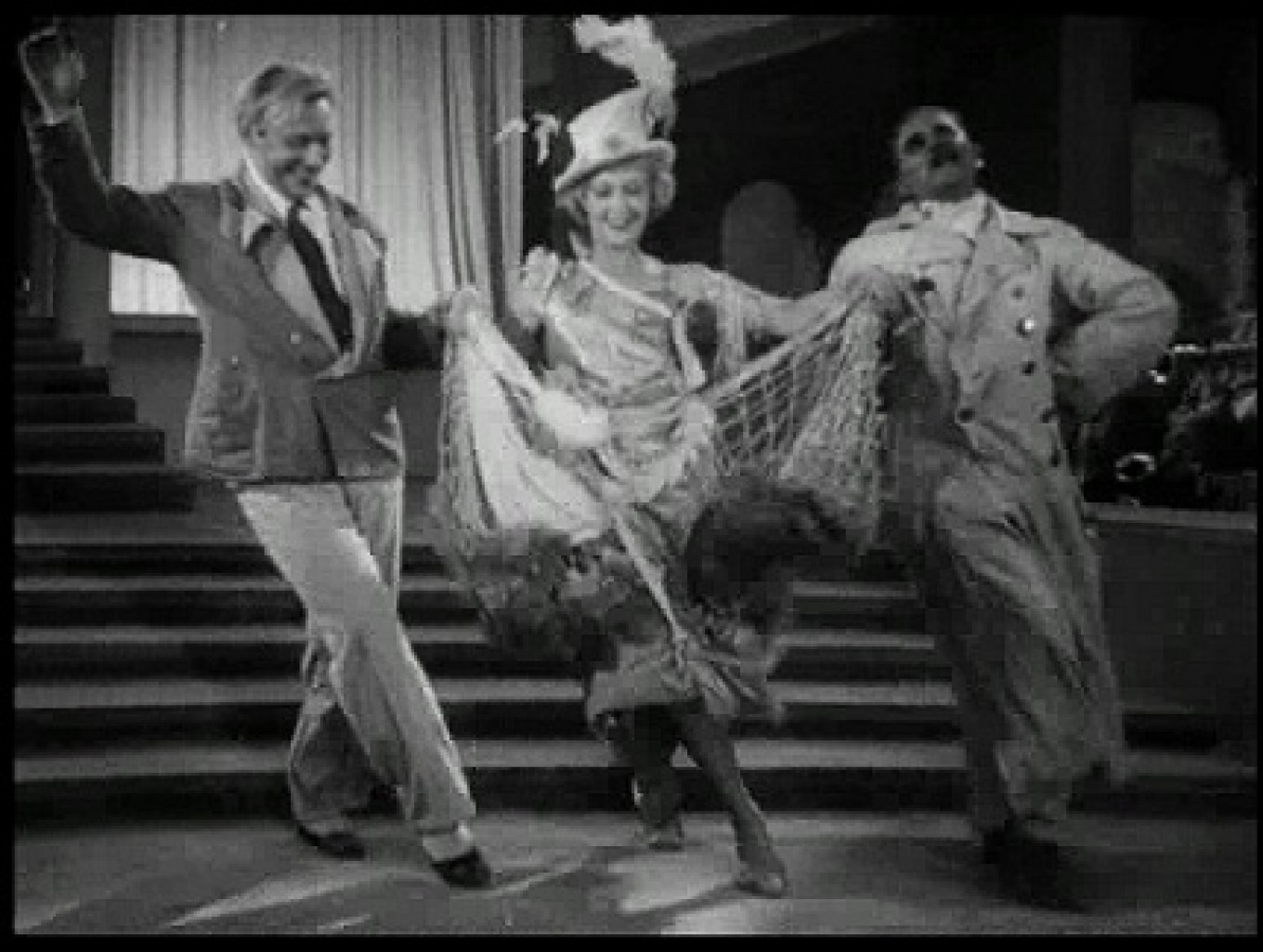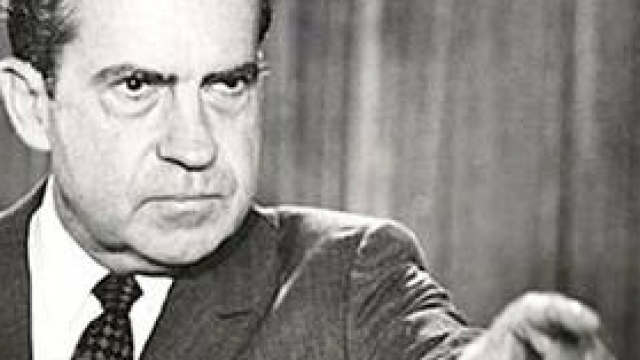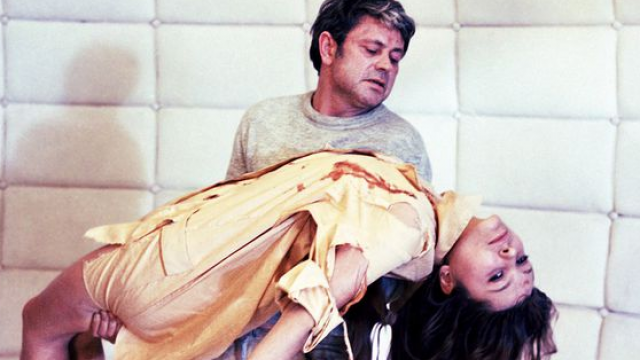It’s Contrasting Pairs Week on Moscow TV, as viewers await the Old New Year huddled together in drafty apartments, drawing warmth from the glow of their small screens. Stay put while it’s a blustery minus 30 degrees Celsius outside and watch two good movies of Russian and American classic novels; two good Russian and British jazz bands of the 1930s; and two good ‘n’ dysfunctional Russian heroes of the pre-perestroika and post-Soviet eras. Here’s the where and when:
It’s been said that every generation has to reinvent the classics for itself, and on Monday Kultura shows two Russian and American generations doing just that with “Fathers and Children” and “The Great Gatsby.” The Turgenev classic has been filmed three times, at neat 25-year intervals: 1958, 1983 and 2008. All three have their merits, but Vyacheslav Nikiforov’s 1983 four-part serial starting Monday morning is the longest, most elaborate and probably the best (USSR State Prize, 1986). No one has yet matched Vladimir Bogin’s rendition of the iconic nihilist Bazarov – which sets a high standard for the next Bazarov portrayer in 2033.
“Gatsby” was likewise filmed generationally – 1926, 1949, 1974 and 2000 – before the impatient Baz Luhrmann produced his extravagant half-generational entry in 2013. Kultura is airing the estimable 1974 Jack Clayton version, which won a nice collection of hardware (including two Oscars) and features some of the best supporting performances to date. True, Robert Redford was not a natural Gatsby – Leonardo DiCaprio did rather better at putting flesh on the bones of Fitzgerald’s ever-elusive hero – but the production did good box office and won extravagant praise from no less an authority on iconic Americana than Tennessee Williams.
Fathers and Children Отцы и дети. Kultura,
Monday-Thursday at 11:15 a.m.
The Great Gatsby Великий Гэтсби. Kultura, Monday at 3:10 p.m.

On Wednesday viewers get a pair of dysfunctional heroes they can’t help but love in Afonya (1975) and Inadequate People (2010). Provincial plumber Afonya Borshchov was a watershed figure in Soviet film, a work-shirking, bribe-taking, street-fighting, skirt-chasing, self-centered drunk who would rather leave an entire apartment building without water than work unpaid overtime. Yet a pretty nurse named Katya falls for him – and so did the Soviet public, who made the film the USSR’s box office champ of 1975. Tune in Wednesday morning and see how alchemist-director Georgy Danelia mixed Aleksandr Borodyansky’s offbeat script, charismatic star Leonid Kuravlyov and a star-studded supporting cast to create a Stagnation-era smash about the most lovably un-Soviet hero you’ll ever meet.
Then in the evening move on to the post-Soviet hero-misfit Vitaly M., a seemingly normal 30-something Muscovite who harbors serious anger management problems. Fortunately, they become seriously funny problems thanks to a clever script and razor-sharp dialogue by writer-director Roman Karimov. “People” won five festival awards and did fine art house business, which fits well with its Coen Bros. sensibility: the best laughs sneak up on you sideways, as the audience gradually discovers that not just reluctant romantic Vitalik, but every major character in the movie is therapy-worthy – and somehow we feel much better watching each get treated in their own way.
Afonya Афоня. Dom Kino, Wednesday at
7:20 a.m.
Inadequate People Неадекватные
люди. Kino TV, Wednesday at 7:10 p.m.

On Friday Moscow
TV offers proof that jazz had become universal by the mid-1930s, airing Grigorii
Aleksandrov’s Jolly Fellows (1934) and Alfred J. Goulding’s Everything
Is Rhythm (1936). “Fellows,” the USSR’s first musical comedy, was a
breakthrough for Soviet cinema on multiple fronts: not only did the film center
on a jazz band, it featured rather bourgeois-looking Soviet vacationers, alcohol-assisted shenanigans, people
running around in their underwear and a great deal of outright
silliness.
All this had
its producers good and worried as the film approached its official reviews, but
“Fellows” came through studio-censor and Kremlin screenings unscathed. Stalin
reportedly sat through the movie in silence, then announced over the credits,
“It’s a light, happy picture. I feel like I’ve been
on vacation.” Take the tyrannical hint! With its inspired wackiness,
“Fellows” is the perfect way to warm up the atmosphere in your frigid
Moscow apartment.
America’s touring Original Dixieland Jass Band was a revelation to London
audiences in 1919. Among those most impressed was one Harry Roy, a young
clarinet and alto sax player from Stamford Hill who formed a popular group in
the 1920s and became a fixture of the British jazz scene. Friday morning
Kultura airs Goulding’s “Rhythm” in its Masterpieces of Early Cinema series,
the first of two movies that featured Roy and his music. While it’s really not
a cinematic masterpiece, “Rhythm” includes some period performances that are
fine indeed: the eight musical numbers by Harry Roy and his Band, Princess
Pearl (Roy’s wife), Mabel Mercer ("Black Minnie's Got the Blues") and others give you an idea of the state of the art
(and the influence of Busby Berkeley) – and they also prepare you for James
Seymour’s subsequent Roy vehicle “Rhythm Racketeer” (1937), which may well be a
favorite of our piano-playing president.
Jolly
Fellows Весёлые ребята. Rodnoe kino,
Friday at 7:25 a.m.
Everything Is Rhythm Все это – ритм. Kultura, Friday at 10:20 a.m.
Mark H. Teeter is the editor of Moscow TV Tonite on Facebook.
A Message from The Moscow Times:
Dear readers,
We are facing unprecedented challenges. Russia's Prosecutor General's Office has designated The Moscow Times as an "undesirable" organization, criminalizing our work and putting our staff at risk of prosecution. This follows our earlier unjust labeling as a "foreign agent."
These actions are direct attempts to silence independent journalism in Russia. The authorities claim our work "discredits the decisions of the Russian leadership." We see things differently: we strive to provide accurate, unbiased reporting on Russia.
We, the journalists of The Moscow Times, refuse to be silenced. But to continue our work, we need your help.
Your support, no matter how small, makes a world of difference. If you can, please support us monthly starting from just $2. It's quick to set up, and every contribution makes a significant impact.
By supporting The Moscow Times, you're defending open, independent journalism in the face of repression. Thank you for standing with us.
Remind me later.







